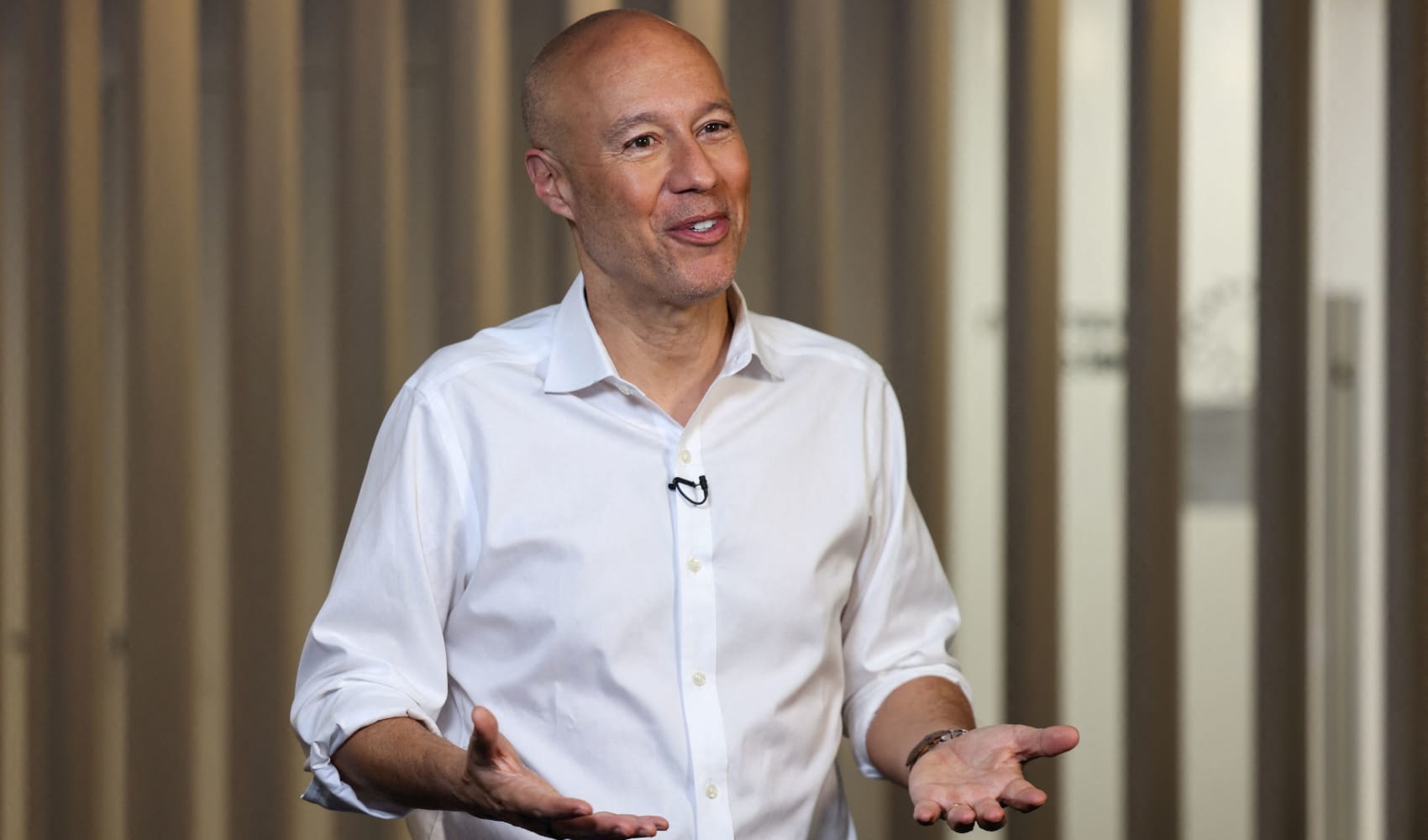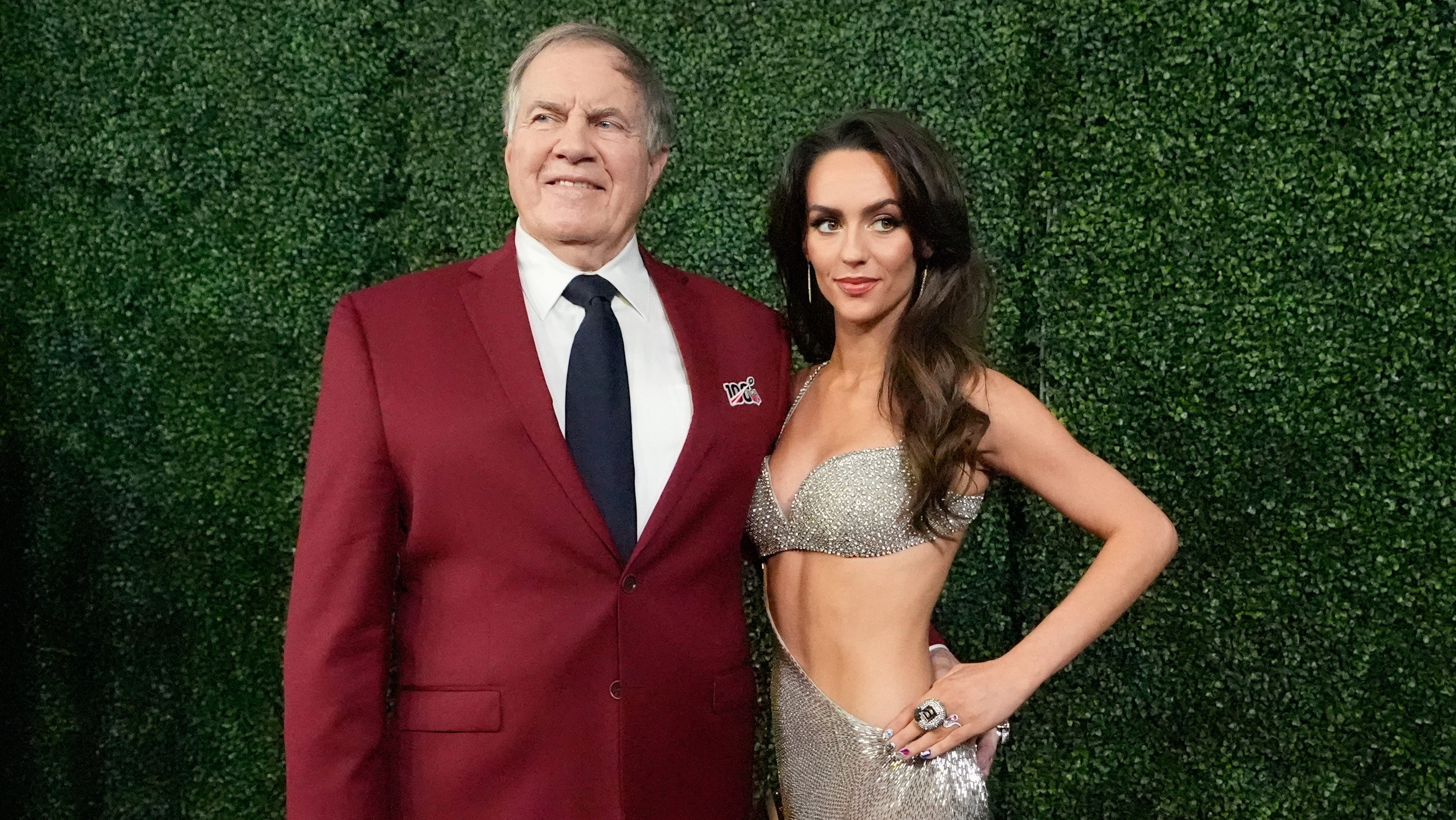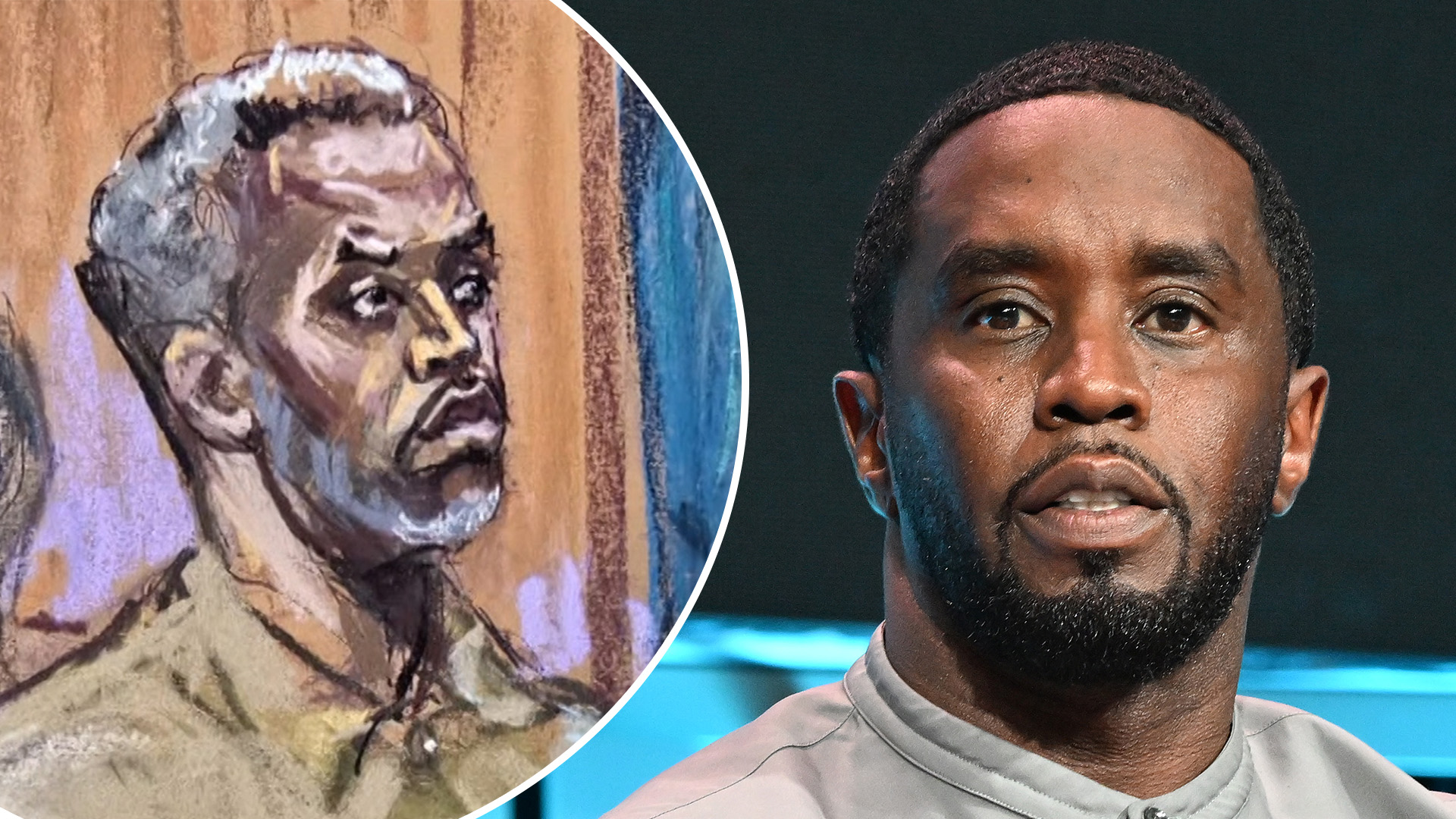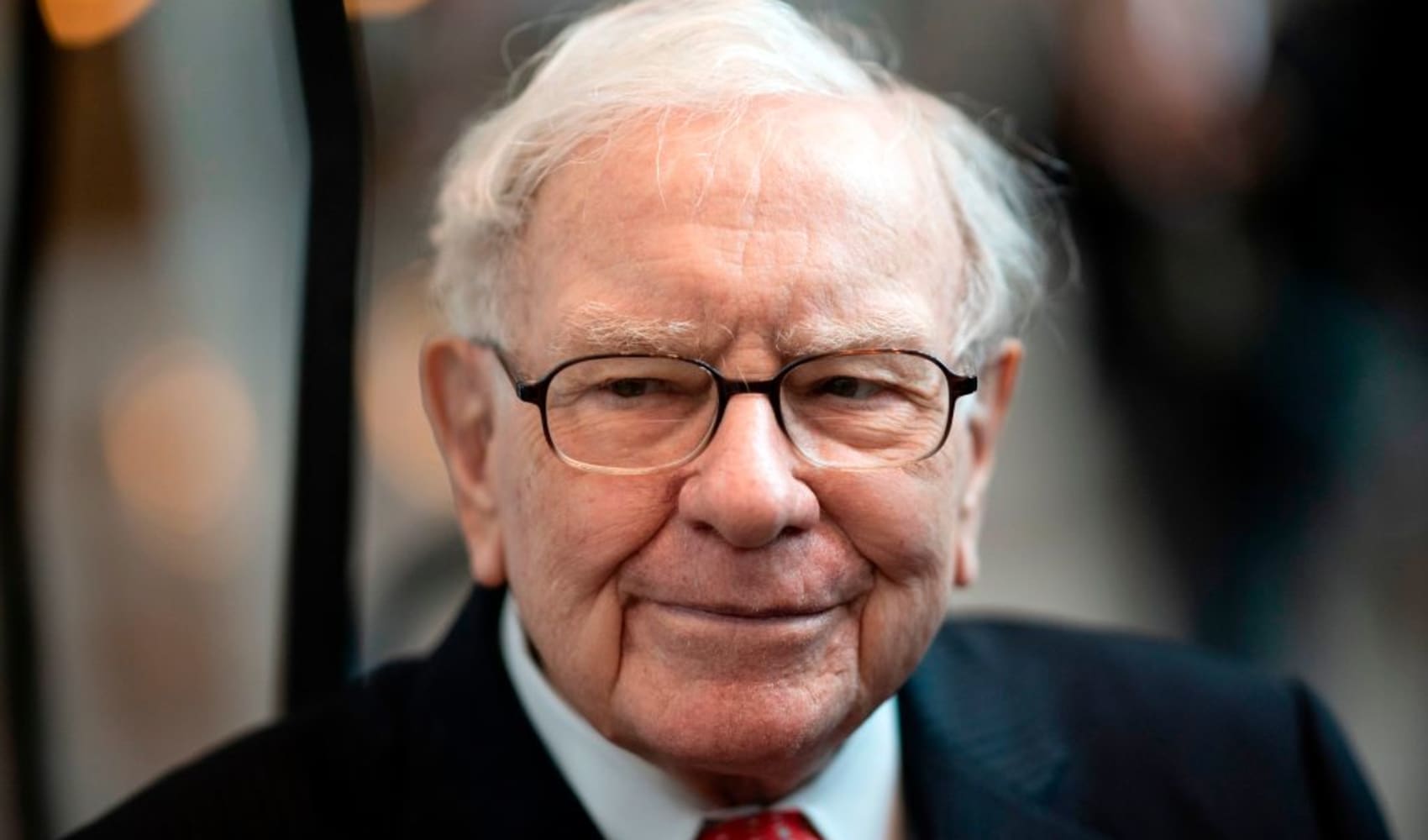Gates & Bezos: Lyft CEO's Key Leadership Lessons
Riding Shotgun to Success: Lessons from Gates and Bezos, According to Lyft's CEO
Introduction: A Front-Row Seat to Innovation
Imagine having the chance to learn at the feet of two titans: Bill Gates, the architect of the personal computing revolution, and Jeff Bezos, the mastermind behind e-commerce dominance. That's precisely the experience Lyft CEO David Risher enjoyed. He spent a significant chunk of his career absorbing wisdom and strategies from these iconic leaders. What did he learn, and how is he applying those lessons to steer Lyft through the competitive ridesharing landscape? Let's buckle up and explore.
Microsoft's Crucible: The Art of Ruthless Competition
Risher's time at Microsoft, where he managed the Access database, was a crash course in competitive strategy. In the cutthroat world of software, complacency is a death sentence. Gates instilled in him the importance of constantly pushing boundaries and anticipating rivals' moves. Think of it like a high-stakes chess game where every decision matters.
Honing Your Competitive Edge
So, how do you become a fierce competitor? It's not just about being aggressive; it's about being strategic. Risher learned to:
- Understand your competition intimately: Know their strengths, weaknesses, and strategies.
- Innovate relentlessly: Stagnation is the enemy. Continuously improve your products and services.
- Execute flawlessly: A brilliant strategy is useless without effective execution.
Amazon's North Star: Customer Obsession at All Costs
If Microsoft was about competition, Amazon was all about the customer. Under Bezos, Risher, as Senior Vice President of Retail, witnessed firsthand the power of customer obsession. Bezos famously said, "Start with the customer and work backward." This philosophy permeated every aspect of Amazon's operations.
The Customer is King (and Queen!)
What does it mean to be truly customer-obsessed? It's more than just providing good service. It's about:
- Understanding customer needs deeply: Go beyond surface-level requests. Anticipate what customers want before they even know it themselves.
- Creating a seamless customer experience: Eliminate friction at every touchpoint, from browsing to purchasing to customer support.
- Building trust and loyalty: Customers who trust you are more likely to return and recommend you to others.
The "Revealing" Moment with Bill Gates
Risher recounts a "revealing" moment during an executive conference where Gates was grilled by colleagues. He wasn't asked about his successes; instead, the focus was on Microsoft's shortcomings. This demonstrated Gates' commitment to continuous improvement.
Focusing on Weaknesses, Not Strengths
This lesson has stuck with Risher, especially after Lyft's record-high ride numbers in 2024. It's easy to bask in the glow of success, but true growth comes from addressing weaknesses. Think of it like a chain – it's only as strong as its weakest link.
Applying Gates' Wisdom to Lyft: Identifying Areas for Improvement
Risher is using this approach to identify areas where Lyft can improve. This involves honest self-assessment and a willingness to confront uncomfortable truths. He's encouraging his team to focus on addressing pain points and inefficiencies.
The Power of Honest Self-Assessment
How do you identify your weaknesses? It requires:
- Seeking feedback from multiple sources: Don't just rely on your own perspective. Get input from customers, employees, and even competitors.
- Analyzing data objectively: Look for patterns and trends that reveal areas where you're underperforming.
- Being open to criticism: It can be tough to hear negative feedback, but it's essential for growth.
The Importance of Adaptability: Thriving in a Dynamic Market
The ridesharing industry is constantly evolving. New technologies, changing customer preferences, and increased competition demand agility. Risher learned from both Gates and Bezos the importance of being adaptable and responsive to change.
Embracing Change as an Opportunity
How do you foster a culture of adaptability? It involves:
- Staying informed about industry trends: Keep abreast of the latest developments in technology, customer behavior, and the competitive landscape.
- Experimenting with new ideas: Don't be afraid to try new things, even if they fail. Failure is a learning opportunity.
- Empowering employees to innovate: Encourage employees to come up with new ideas and solutions.
Building a Strong Company Culture: Fostering Innovation and Collaboration
A strong company culture is essential for long-term success. Risher learned from Gates and Bezos the importance of creating a culture that fosters innovation, collaboration, and customer obsession. It's about creating an environment where employees feel empowered to do their best work.
Creating a Culture of Excellence
How do you build a strong company culture? It requires:
- Defining your core values: What principles guide your decisions and actions?
- Communicating your values clearly: Make sure everyone understands your core values and how they apply to their work.
- Leading by example: Demonstrate your values in your own behavior.
The Long Game: Sustainability and Long-Term Vision
Both Gates and Bezos are known for their long-term vision. They didn't just focus on short-term profits; they invested in the future. Risher is applying this lesson to Lyft, focusing on building a sustainable business that benefits all stakeholders.
Thinking Beyond the Next Quarter
How do you develop a long-term vision? It involves:
- Understanding the big picture: What are the major trends shaping your industry and the world?
- Setting ambitious goals: What do you want to achieve in the next 5, 10, or 20 years?
- Investing in the future: Don't just focus on short-term profits. Invest in research and development, employee training, and sustainable practices.
Data-Driven Decision Making: Using Insights to Drive Growth
In today's data-rich environment, making informed decisions is critical. Risher learned from both Gates and Bezos the importance of using data to understand customer behavior, optimize operations, and drive growth.
Let the Data Speak
How do you become a data-driven organization? It requires:
- Collecting the right data: Identify the key metrics that matter to your business.
- Analyzing data effectively: Use data to identify trends, patterns, and insights.
- Making data-driven decisions: Use data to inform your strategies and tactics.
The Power of Delegation: Empowering Your Team to Succeed
Even the most brilliant leaders can't do everything themselves. Risher learned from Gates and Bezos the importance of delegation – empowering your team to take ownership and succeed.
Trusting Your Team
How do you delegate effectively? It involves:
- Choosing the right people: Select individuals who have the skills and experience to handle the task.
- Providing clear instructions: Make sure everyone understands what needs to be done and why.
- Giving autonomy: Allow individuals to use their own judgment and creativity.
Communication is Key: Keeping Everyone Aligned
Clear and consistent communication is essential for keeping everyone aligned and working towards the same goals. Risher learned from Gates and Bezos the importance of communicating effectively with employees, customers, and stakeholders.
Open and Honest Communication
How do you improve communication? It requires:
- Being transparent: Share information openly and honestly.
- Listening actively: Pay attention to what others are saying.
- Providing regular updates: Keep everyone informed about progress and challenges.
Staying Grounded: Maintaining Humility and Perspective
Success can be intoxicating, but it's important to stay grounded and maintain humility. Risher learned from Gates and Bezos the importance of remembering your roots and staying connected to your customers and employees. Arrogance is the downfall of many a great company.
Keeping It Real
How do you stay grounded? It involves:
- Staying connected to your customers: Listen to their feedback and understand their needs.
- Respecting your employees: Treat them with dignity and respect.
- Remembering your mistakes: Learn from your failures and don't let success go to your head.
Prioritization: Focusing on What Matters Most
With so many demands on your time and attention, it's essential to prioritize effectively. Risher learned from Gates and Bezos the importance of focusing on what matters most and delegating or eliminating everything else.
Ruthless Prioritization
How do you prioritize effectively? It involves:
- Identifying your priorities: What are the most important things you need to accomplish?
- Delegating or eliminating everything else: Focus your time and energy on your top priorities.
- Saying "no": Don't be afraid to turn down requests that don't align with your priorities.
Innovation Never Sleeps: The Relentless Pursuit of Improvement
The business world is a marathon, not a sprint. Risher learned from Gates and Bezos that the key to long-term success is a relentless pursuit of innovation and improvement. Complacency is a luxury you can't afford.
The Continuous Improvement Mindset
How do you foster a culture of continuous improvement? It requires:
- Experimenting with new ideas: Don't be afraid to try new things.
- Learning from your mistakes: View failures as learning opportunities.
- Celebrating successes: Recognize and reward innovation and improvement.
Leading with Empathy: Understanding and Connecting with Others
While the lessons from Gates and Bezos were largely about strategy and execution, Risher also likely learned the importance of leading with empathy. Understanding and connecting with your employees and customers is essential for building a successful organization. People respond to leaders who genuinely care about them.
The Human Element
How do you lead with empathy? It involves:
- Listening to understand: Truly listen to what people are saying, both verbally and nonverbally.
- Putting yourself in their shoes: Try to understand their perspective.
- Showing compassion: Be kind and understanding.
Conclusion: A Legacy of Leadership
David Risher's unique experience working under Bill Gates and Jeff Bezos has equipped him with invaluable lessons in competition, customer obsession, and continuous improvement. By applying these principles to Lyft, he's steering the company towards a future of sustainable growth and success. The key takeaways? Focus on weaknesses, obsess over customers, and never stop innovating.
Frequently Asked Questions (FAQs)
Here are some frequently asked questions about the lessons David Risher learned from Bill Gates and Jeff Bezos:
- What was Risher's role at Microsoft?
Risher was the General Manager in charge of the Access database at Microsoft.
- What is the key lesson Risher learned from Jeff Bezos at Amazon?
Risher learned the importance of customer obsession – putting the customer at the center of every decision.
- How is Risher applying Gates' lesson about focusing on weaknesses at Lyft?
He's encouraging his team to identify areas where Lyft can improve and address pain points and inefficiencies.
- What is one of the main advantages of a customer-centric approach, according to Risher's experience?
Building trust and loyalty. Customers who trust you are more likely to return and recommend you to others.
- Besides the focus on weaknesses, what other important attribute did Gates instill in Risher during his time at Microsoft?
The importance of understanding and anticipating your competitors' moves and innovating relentlessly to stay ahead.








